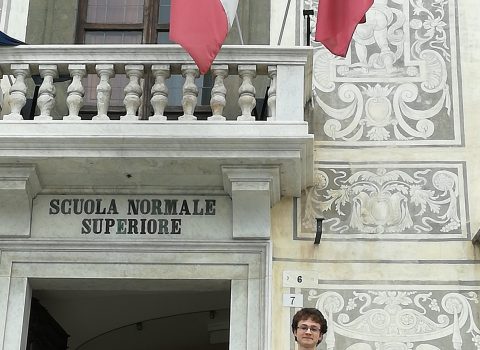
A rather special boutique
We visited the "Boutique des sciences" in Lyon, one of the most interesting landmarks in the European landscape of "Science Shops", organizations that carry out scientific research on behalf of civil society
“A Science shop provides independent research support in response to a specific need coming from society”. The definition is by Henk Mulder, leader of the Science Shop in Groningen, Holland, and perfectly expresses the spirit of these organizations that can be found across Europe. They can be independent or structured within universities and research institutions, but their basic mission is the same: to act as a “bridge” between the research world and civil society, giving citizens the opportunity to make research proposals that translate into projects carried out by researchers and students.
In a previous article we presented the important Science Shop in Bonn, a non-profit organization that conducts many engagement projects for (and with) local citizens. Another young and interesting organization in the panorama of the European Science shop – which unlike that of Bonn is part of a university – is that of the “Boutique des sciences” of Lyon: born in 2013 at the University of Lyon, it collects research ideas from local associations, transforming them into projects carried out by university students, under the supervision of university researchers.
“In five years, dozens of projects have been carried out on behalf of civil society, ranging from the environment to the social sciences, through urban planning and health”, points out Amalia Verzola, an EU project officer of the “Boutique”‘s team since last year. All this is done by following precise and consolidated steps, which are repeated every year. “We invite local associations to advance research questions within the summer. Questions must start from a specific need within the association, but at the same time they must be of general interest for society “. In autumn, the proposals are evaluated by a scientific committee that includes researchers and representatives of the associations: the most interesting ones become one-semester internship projects for university students, who carry out their traineeship in close contact with the associations, actually working in the associations’ premises.
“All the players involved can use these activities to their benefit”, Verzola adds. «The associations have the opportunity to get the support of the University to work on an issue related to the associative activity, the students can have a first hands-on research experience, while the researchers can reach out to interesting case studies proposed by civil society that are often neglected”.
The projects mainly tackle issues in the social sciences, but browsing down the list, a wide variety of topics emerges: a focus on environmental education for adults and children, a study on the quality of urban vegetable gardens, an analysis of the impact produced by the arrival of many students on the life of the city’s neighborhood.
The Boutique‘s team – which is also involved in several European projects on participatory research – is led by Florence Belaën, Head of the University’s Science and Society Department, and also includes project officers Pauline Bryère and Catherine Ambroise-Rendu, who takes care of student training.
